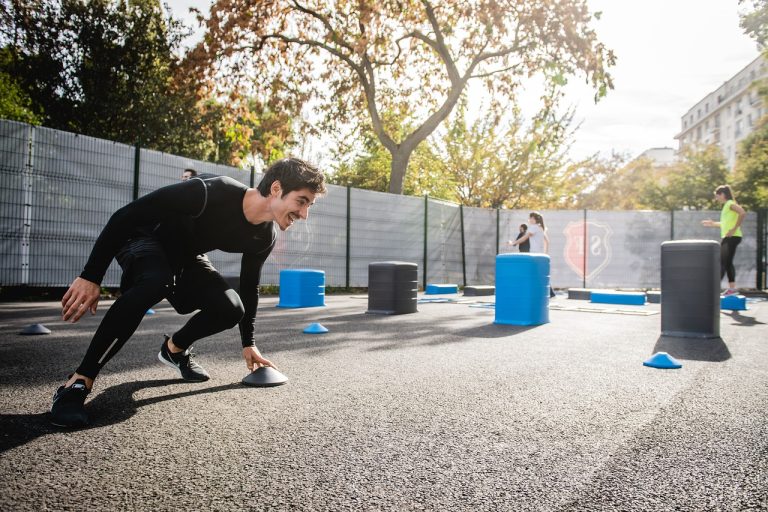Combining fitness and herbal wellness can create a powerhouse routine that supports both your body and mind. Herbs are more than just a natural remedy; they can enhance your energy, aid recovery, and even improve endurance when paired with a structured fitness plan. Whether you’re a fitness enthusiast or a beginner, creating an herbal-infused fitness plan can take your health journey to the next level. Let’s dive into how herbs can complement your exercise routine and help you achieve total health.
Why Incorporate Herbs into Your Fitness Plan?
Herbs provide a natural way to optimize your fitness performance and recovery. They can boost energy, reduce inflammation, and promote faster healing after workouts. Unlike synthetic supplements, herbs work harmoniously with your body, offering long-term benefits without harmful side effects.
For example, adaptogenic herbs like ashwagandha help your body manage stress and improve stamina, while anti-inflammatory herbs like turmeric speed up muscle recovery. By strategically including herbs in your fitness regimen, you can enhance your results and maintain overall well-being.
Pre-Workout Boost with Herbal Energy
Starting your workout with the right energy level is essential. Herbs like ginseng and maca root are natural energy boosters that improve focus and physical performance. Ginseng enhances oxygen uptake, making it ideal for endurance exercises, while maca root provides a steady energy boost without the jitters associated with caffeine.
How to Use: Blend a teaspoon of maca powder into your pre-workout smoothie or drink a cup of ginseng tea 30 minutes before exercising.
Post-Workout Recovery with Herbal Remedies
After a workout, your body needs to recover and rebuild. This is where anti-inflammatory herbs come into play. Turmeric, rich in curcumin, helps reduce muscle soreness and joint inflammation. Similarly, ginger improves circulation and promotes faster recovery.
How to Use: Make a soothing post-workout tea with turmeric and ginger or add these herbs to your meals to aid recovery.
Hydration with Herbal Infusions
Staying hydrated during and after a workout is crucial, and herbal-infused water can make it more enjoyable. Herbs like mint and hibiscus not only add flavor but also provide additional health benefits. Hibiscus, for example, is rich in antioxidants and helps regulate blood pressure, while mint cools and refreshes.
How to Use: Add a handful of fresh mint leaves or a hibiscus tea bag to your water bottle for a flavorful hydration boost.
Fitness Plans with Herbal Support
Creating a fitness plan that incorporates herbal support doesn’t have to be complicated. Here’s an example of a weekly routine:
- Day 1 (Cardio): Start with a cup of ginseng tea for energy. Post-workout, enjoy a turmeric and ginger tea to reduce soreness.
- Day 2 (Strength Training): Take ashwagandha capsules to support stamina and stress management. Add a maca smoothie for an energy boost.
- Day 3 (Rest and Recovery): Focus on hydration with mint-infused water. Sip on chamomile tea to relax and reduce muscle tension.
- Day 4 (HIIT): Drink hibiscus tea for hydration and cardiovascular support. Use a turmeric latte post-workout for recovery.
- Day 5 (Yoga or Pilates): Enhance your focus and relaxation with holy basil (tulsi) tea before your session.
Tips for Success
- Start slow: Introduce one or two herbs into your routine and observe how your body responds.
- Stay consistent: Regular use of herbs and a balanced fitness plan yield the best results.
- Choose quality: Use organic, high-quality herbs to maximize their benefits.
Final Thoughts
Herbal-infused fitness plans are a natural way to enhance your performance and recovery while supporting overall health. By incorporating energy-boosting, anti-inflammatory, and hydrating herbs into your routine, you can achieve better results and enjoy the journey toward total health. Give it a try, and let nature work its magic on your fitness goals.


